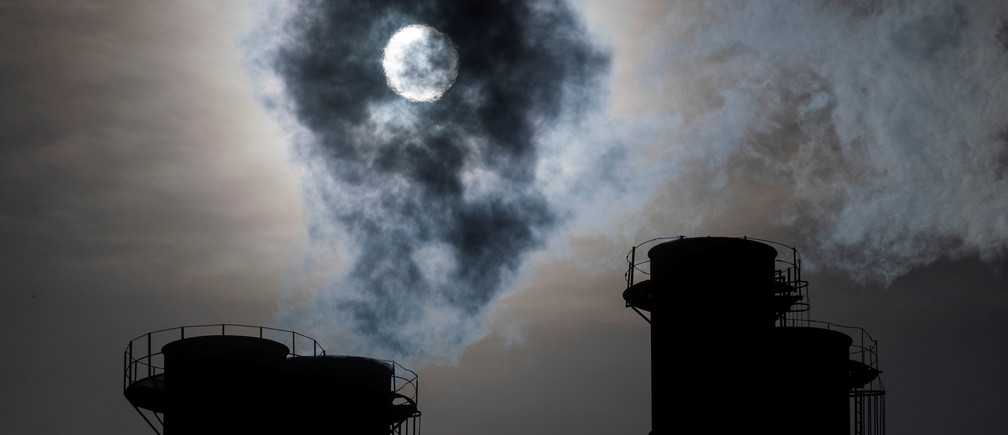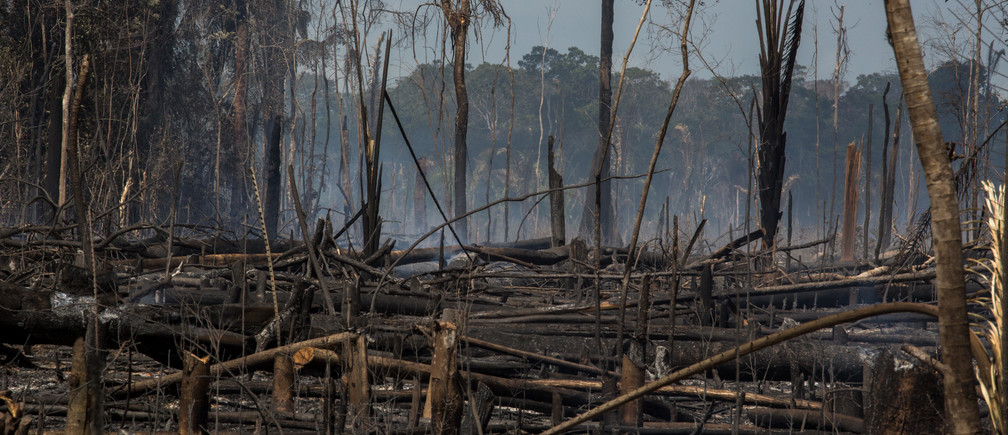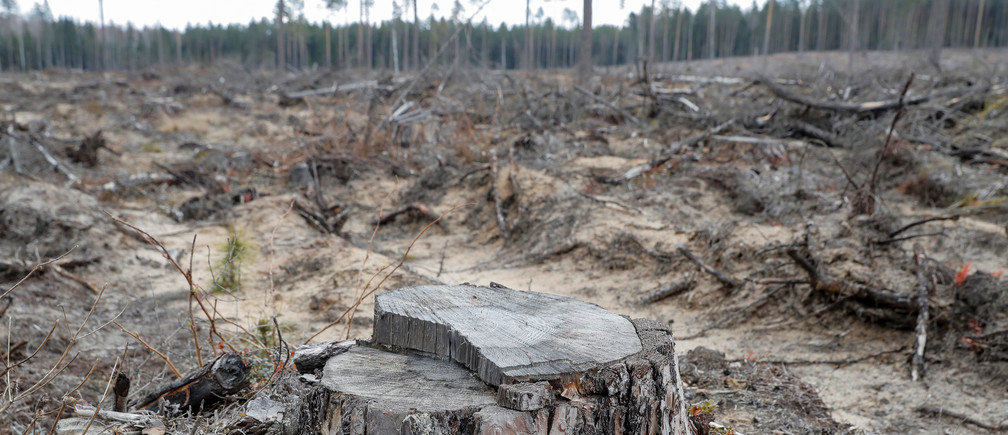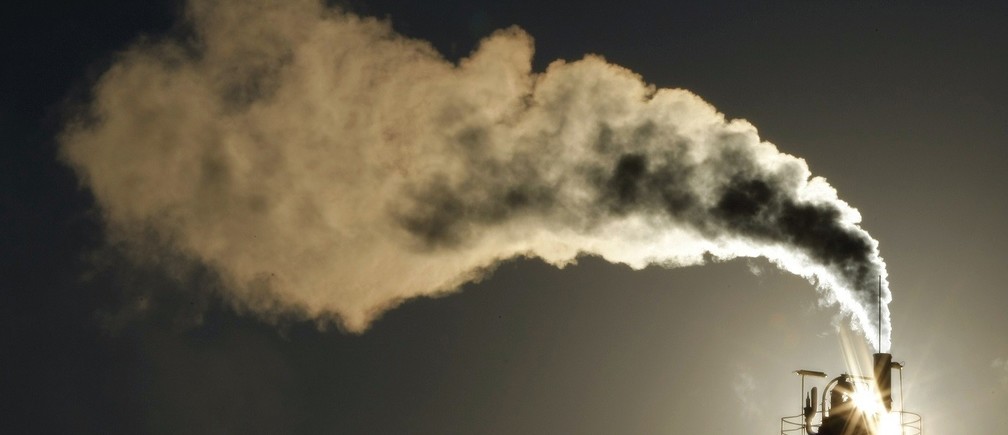Blog

The best way to avoid future pandemics? Protect the natural world
Seychelles announces marine-protection initiative to cover 30% of its waters.Humanity's broken relationship with nature has given rise to viruses including Ebola and HIV, writes Enric Sala of the National Geographic Society.Countries should make conservation a...

5 things to know about how coronavirus has hit global energy
Coronavirus lockdowns have led to the biggest fall in energy demand in 70 years.Renewables have increased their contribution to the energy mix as fossil fuel demand has seen a widespread fall.Drop in energy consumption will trigger the biggest ever fall in global CO2...

What if nature became a legal person?
Humans have long treated nature as little more than an exploitable resource - and we are now living with the consequences.Granting legal personhood to things like forests, rivers and species could give them the best chance of survival and renewal.To achieve this, we...

Daily global CO2 emissions ‘cut to 2006 levels’ during height of coronavirus crisis
Global restrictions put in place COVID-19 pandemic saw carbon dioxide emissions fall to their lowest level since 2006.The drop was highest in early April, when regions responsible for 89% of global emissions were under some form of lockdown. The amount of CO2 being...

The COVID-19 pandemic is not a break for nature – let’s make sure there is one after the crisis
There is a misperception that nature is getting a break during the COVID-19 pandemic.Instead, many rural areas in the tropics are facing increased pressure from land-grabbing, deforestation, illegal mining and wildlife poaching.To respond to this crisis of human...

COVID-19 is putting the world’s forests at risk – here’s how
The pandemic is putting forests at risk as poor people who have lost work cut trees down for fuel.Forests act as a 'safety net' for people who rely on it for food, shelter and work.The State of the World's Forests 2020 report reveals some alarming statistics about...

An epidemiologist and an exposure scientist explain: how to stay safe when flying
Two experts walk you through how to minimize the risk of air travel.They advise you to adopt a method called a 'Heirarchy of Control' that is often used by healthcare professional.Additionally, using simple hygiene tips and arming yourself with specific knowledge...

Bushmeat could cause the next pandemic – here’s why it’s a threat and what’s being done to stop it
An evolutionary biologist has warned of the consequences of eating bushmeat, due to the risk of catching zoonotic diseases, infectious diseases that originate in animals.Some of the world's most deadly diseases, such as HIV, SARs, MERs, Ebola all emerged from other...

Meanwhile, Antarctica’s snow is turning green
On the Antarctic Peninsula, so-called snow algae are turning the snow green.The algae thrive on temperatures just above freezing, which are increasingly common.Antarctica's green snow could lay the groundwork for a whole new ecosystem. The visibly green algae in the...

Why a 17% emissions drop does not mean we are addressing climate change
Restrictions imposed as a result of coronavirus have seen emissions fall.They offer an insight into the significant changes that will be needed to bring emissions down to mitigate the worst effects of climate change.Long-term action and thinking is needed. The global...
